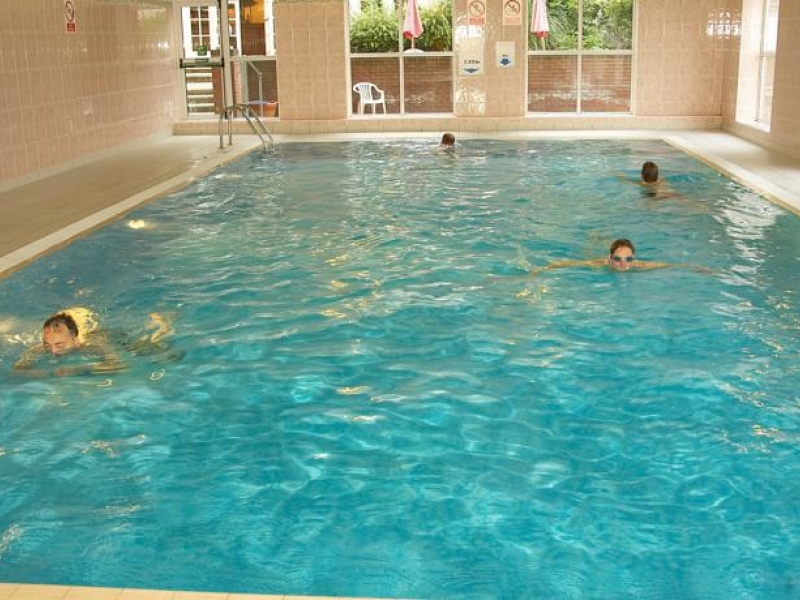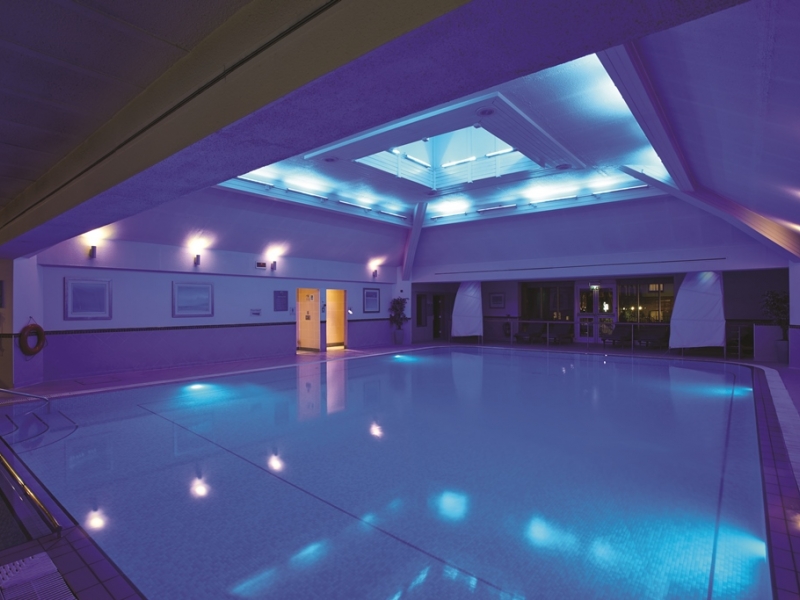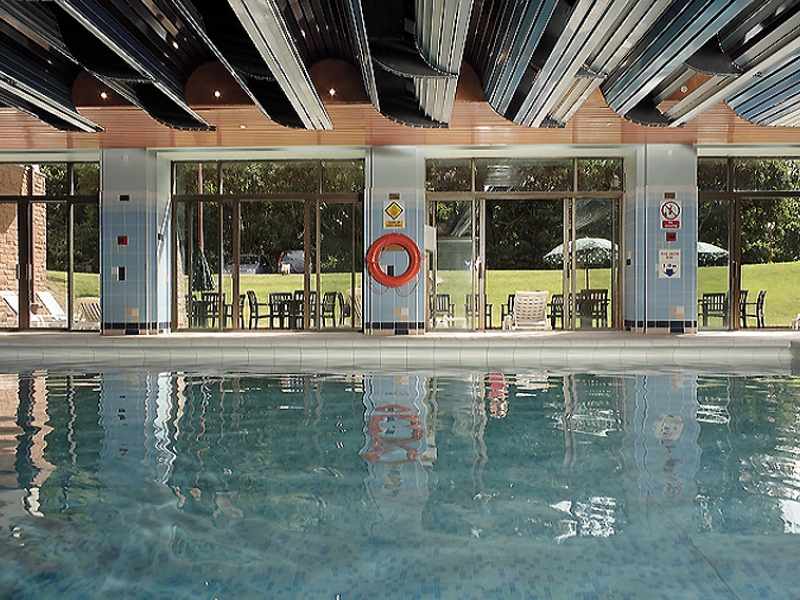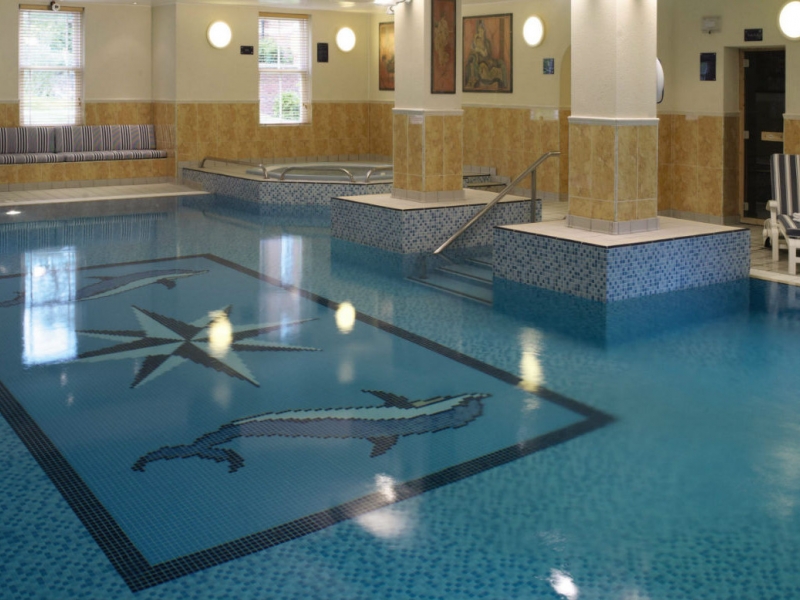The concept of a swimming pool often isn’t difficult, it’s a lined hole in the ground, or container above the ground which is filled with water, and we can swim in.However the pH, temperature, and filtration of swimming pools often makes them a little more complicated than the initial idea.
Here we break down the very basics of how swimming pools work!
The water is all circulated by a water pump which keeps a continual flow of water through a water filter. It is via this filter that the water is filtered, separating any ‘nasties’ in the pool, adds chemicals which sterilize the water and regulate the ph of the pool, as well as keep the temperature within an appropriate range.
Filter
The filter (either a sand, cartridge, or diachromous earth filter) separate the water from any debris which may be floating in it. Water flows either from a drain in the base of the pool, or from smaller drains nearer the surface of the pool to the main filter, where debris is strained and caught, and the water continues through the rest of the process. As a continuous process some bits and pieces may be seen as floating at any one time, but they’ll get filtered in due course. It is during this filtration, or just after along the pipes depending which system your pool has, that chemicals are added.
Chemicals and pH
The addition of chemicals is important because it kills all pathogens (nasty bugs and germs) which could be in the water. Generally pools use chlorine, which is proven to work well at keeping a pool sterile, but not have adverse affects.
The chemical levels are related to the pH of the pool, so these work in tandem to ensure the pool is clean, but also comfortable to swim in.
It’s important to get the pH to the right level. If it is too high, or too low it can cause discomfort to your eyes and skin, a shorter life to your swimwear and equipment, cloudy water, and structural damage to the pool through corrosion of metal,.
The ideal range for pH in swimming pool water is 7.0 - 7.6. The pH of our eyes is typically 7.2 - 7.4. it has been found that if the level of the pool matches that of our eyes, redness and irritation is kept to a minimum.
The pH is continually regulated through the filter, because anything and everything that enters the pool affects the pH of it. The oils on a person’s skin, the residue of the hair products a person uses, the equiptment, as well as any bacteria or liquids which enter the pool through spilled drinks or other accidents affect the pH.
Thus lifeguards and pool staff check the pH every day and adjust it accordingly as well as the filters having a way of monitoring the pH, and adjusting the chemicals added to the water as they flow back into the water.
Our pools are generally ‘low’ ph- however not ‘too low’ (generally 7.2-7.4) which we find means that your skin doesn’t get to dry, nor do your eyes sting too much.
Temperature
The ideal temperature for a leisure pool is set to be between 25 and 30, allowing for the fluctuation of having more or less people in the pool, and people swimming lengths, or just lounging about.
. If a pool is too hot, it can cause dehydration, and cramps as you exercise- but are lovely for lounging (but that’s why Jacuzzi’s and other pools are warmer), if a pool is too cold it can lead to shock, be unpleasant to sit in for a long while, but affects the chemical balance of the pool
Our pools are comfortably warm, the majority being between 27 and 30 degrees, perfect for learning the basics, and improving technique.
It is once the water has been filtered the temperature checked, and chemicals regulated that the water flows back into the pool.

As you can see, the chemistry of swimming pools can be complicated- and thus there are sometimes unavoidable issues with any of these components, which it is important we have sorted to avoid discomfort when you have swimming lessons, thus occasionally, unfortunately sometimes we have to reschedule lessons to allow pools to be fixed. We endeavor to give you as much notice as possible; and let you know any problems as soon as the pools tell us!
We exclusively use hotel and health club pools which are generally less busy and thus the pH and temperature fluctuate less. They also facilitate a calmer environment to swim in.
If you are interested in learning to swim contact us on 0330111292 and we could even get you booked in for a lesson today! Alternatively, email [email protected].




